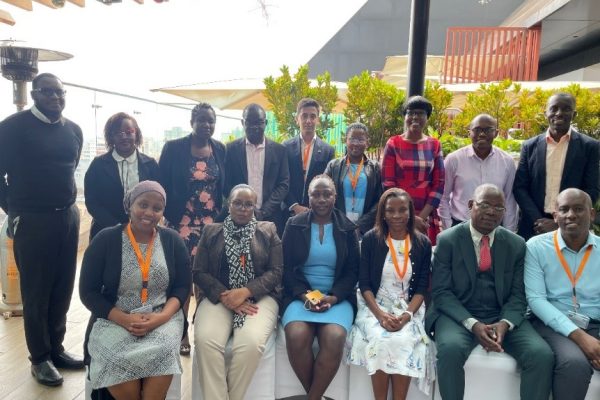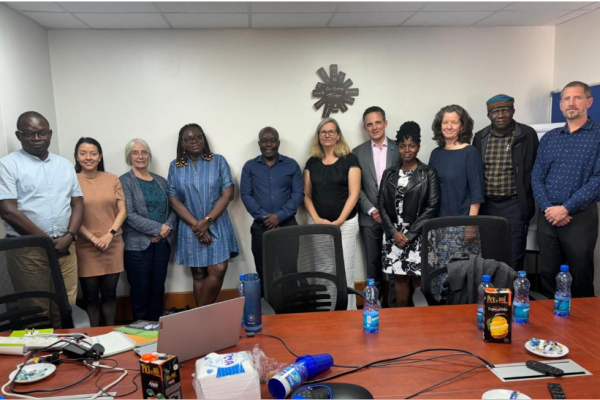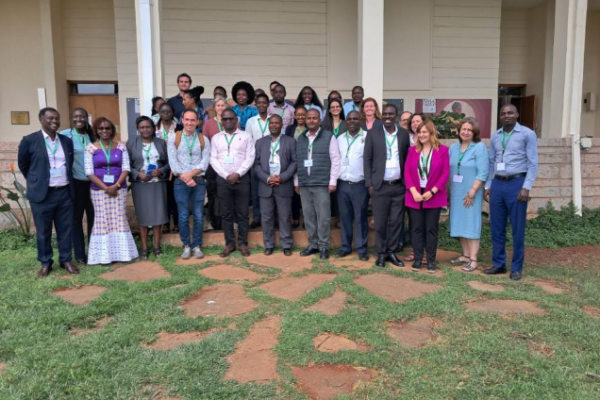On Friday 30th October 2020, the Africa Research and Impact Network (ARIN) hosted a virtual seminar on Low-Carbon Development and Climate Resilience in the Post COVID-19 World. This was the third and final of the ARIN monthly preparatory seminar series. The seminars are aimed at stimulating discussions and debate to inform the upcoming ARIN’s inaugural annual International Conference titled ‘Africa in the Post-COVID-19 World: Lessons for Research and Policy’ scheduled for 18th – 20th November 2020. The first seminar in the series was held on 3rd September 2020, and looked at the Imaginaries of Future African Cities beyond COVID-19 , while the second was A call to Rethink Science Technology & Innovation Policies for Sustainability, Learning from the COVID-19 Pandemic and was held on 25th September 2020. These discussions and debates will culminate in a book volume titled ‘Africa in the Post-COVID-19 World: Lessons for Research and Policy’ edited by Prof. Mark Pelling & Dr. Joanes Atela as an ultimate output from the seminar series and the conference.
The seminar attracted a fascinating set of expert panelists, discussants and participants, who interrogated the intricate intersection between COVID-19 and climate action. As it emerged from the discussions, COVID-19 has put enormous strain on global economies, social settings and the ecological environment, leading to a destabilized momentum in climate policy, financing, and action processes, the world over. Africa, which is majorly dependent on international financing for its climate action, has seen great disruptions due to redirection of funds to the fight against COVID-19 and economic stimulus packages. With governments injecting billions of dollars into their economies to resuscitate them, the same should be done to protect the gains made in climate financing. This financing should not only be on the basis of international support, but should also inspire wider behavioral change, and innovative and sustainable actions.
A clear understanding of the COVID-Climate-Energy nexus was called for, with the appreciation of the complexity and uncertainty around this intersection. For Africa to move towards a more resilient and low carbon development continent beyond COVID-19, strategic interventions that take into account the existing vulnerabilities and opportunities are paramount. Deeper reflections are required on how African governments could make the best climate action and clean energy investment decisions, empower grassroot governance, and promote multilateral collaboration and partnerships between and within governments, whilst heeding scientific knowledge and warnings.




